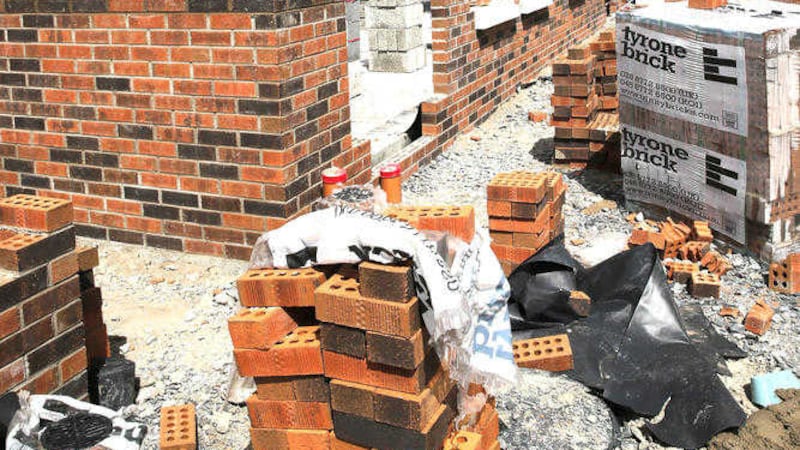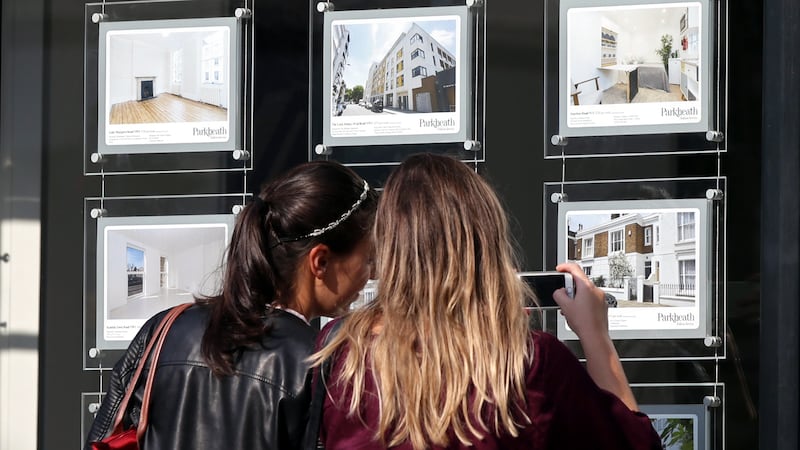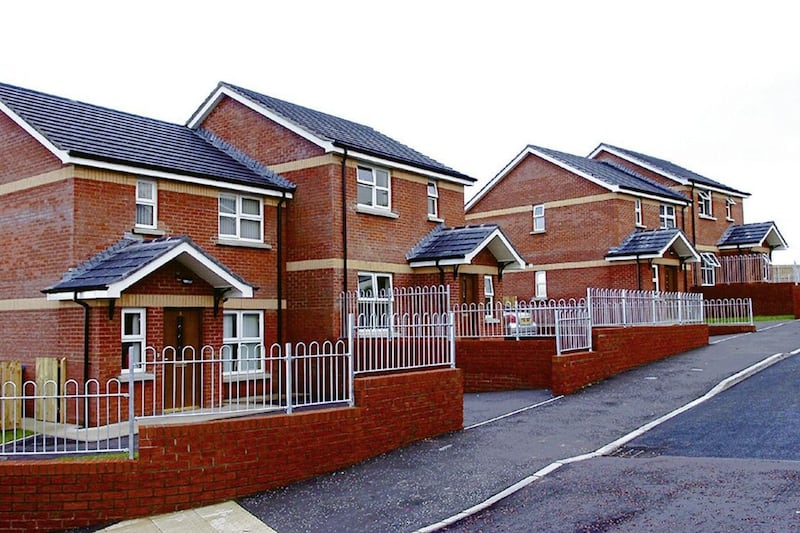HOUSING associations in the north are sitting on a combined £3.4 billion assets pot of bricks and mortar - but expect to be hit by spending cuts.
The Northern Ireland Federation of Housing Associations (NIFHA), which has delivered more than 10,000 homes since 20111, has seen the performance of its various local groups improve over the last year and reinvest in new homes.
But its deputy chief executive Jennie Donald is concerned that there are "challenges on the horizon".
She said: "The introduction of welfare reform and reduced public expenditure are strong possibilities in coming months and this will undoubtedly impact on associations’ activities and performance.
"However, we are a resilient and responsive sector that can adapt to the changing operating context."
Accounts published by business advisers PwC show that housing associations in the north - which have already announced plans to develop up to 500 new homes a year over the next five years - now provide more than 46,000 homes for close to 90,000 people.
Associations borrowed £680 million in private finance and significantly increased turnover (now £214m) over the last 12 months to reinvest in new homes, and operating surpluses rose by more than 8 per cent to £56 million.
Its assets were up by 4 per cent to £3.4 billion ans the sector employs 2,954 people, contributing more than £60 million a year in wages.
Indeed the housing association sector has grown consistently over the last four years, with turnover up 24 per cent and an increase of 36 per cent in operating surplus.
The value of housing assets in that period is up by 19 per cent but long term debt has grown by 48 per cent, reflecting the focus on developing new social and affordable homes and the fact that it is increasingly supported by private finance secured by housing associations.
A key message from the global accounts is that the positive surplus being generated by housing associations is going back into the development of new housing. There has been a 4.2 per cent growth in new units developed in Northern Ireland compared to the 2.3 per cent average growth in Britain.
Ms Donald said: “These accounts show that housing associations are making a major contribution to the local economy through direct employment and by supporting a number of other sectors through their construction and maintenance programmes.
“The operating surpluses generated by associations are being used to service the interest on long term loans that finance the development of new social and affordable homes.
"Increased economies of scale and operating efficiencies support continued investment in significant development programmes and high-quality services and support that benefit individuals, families and communities.”








